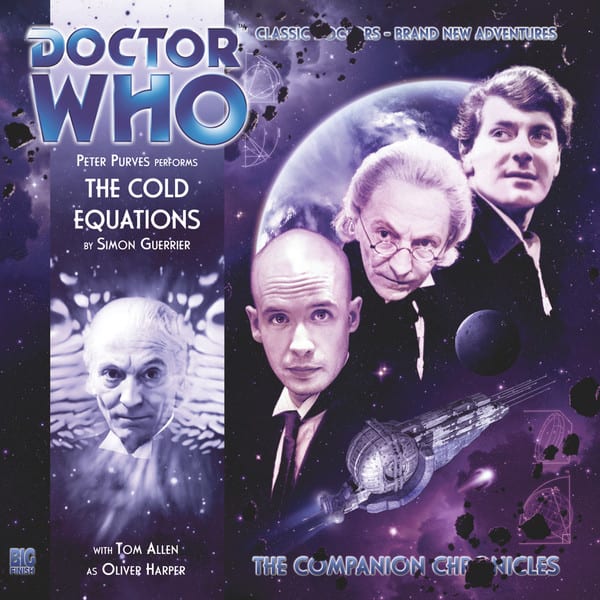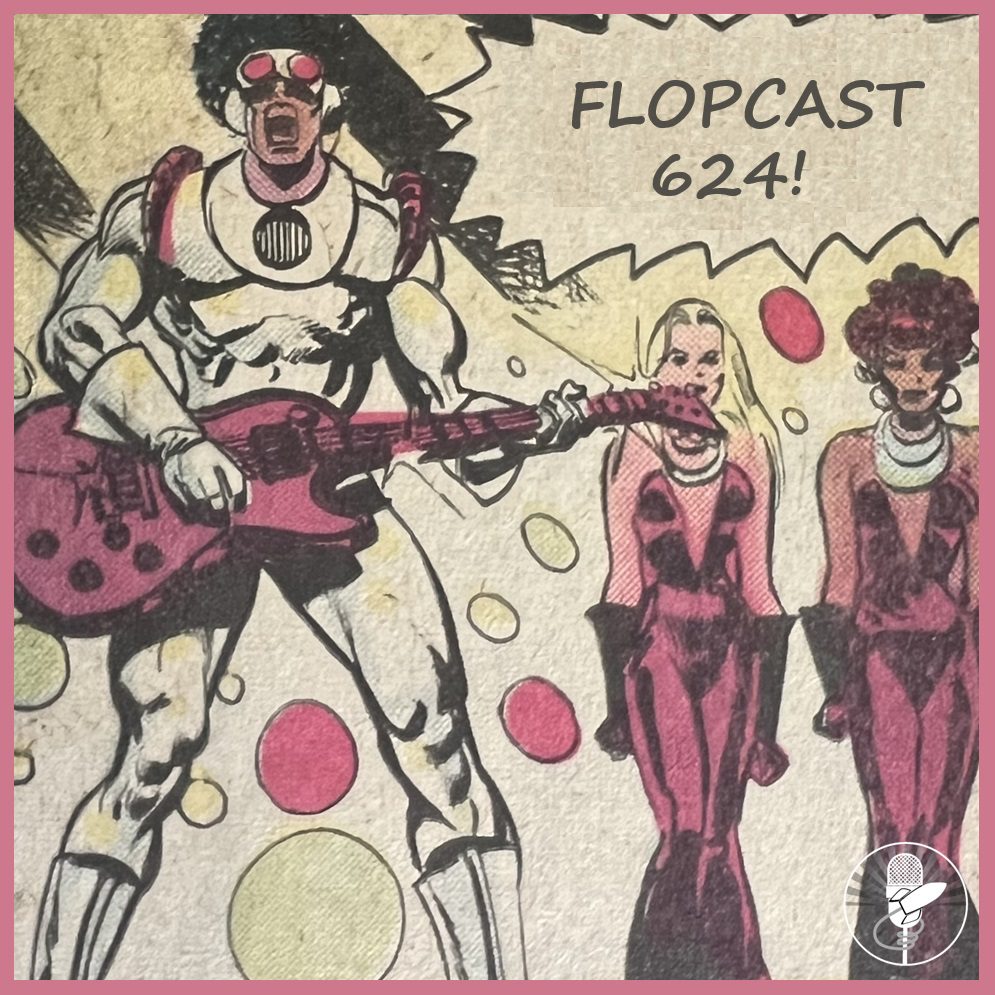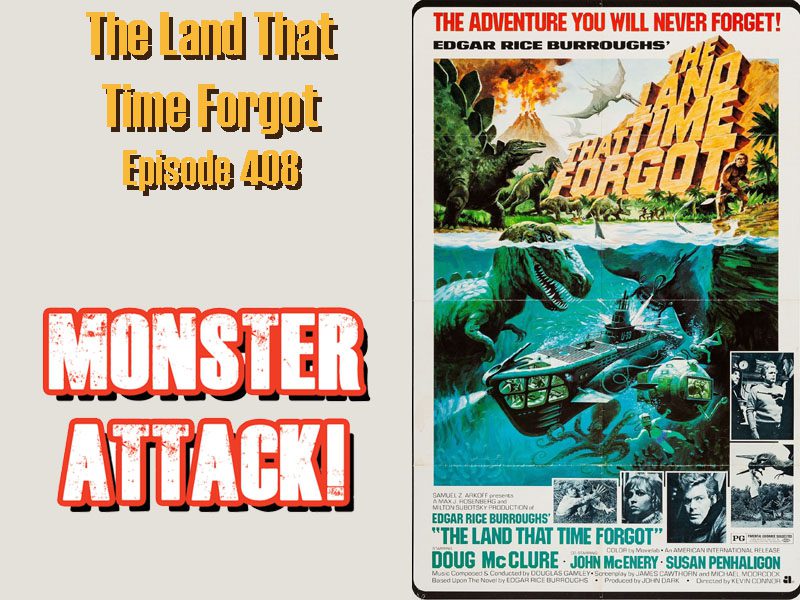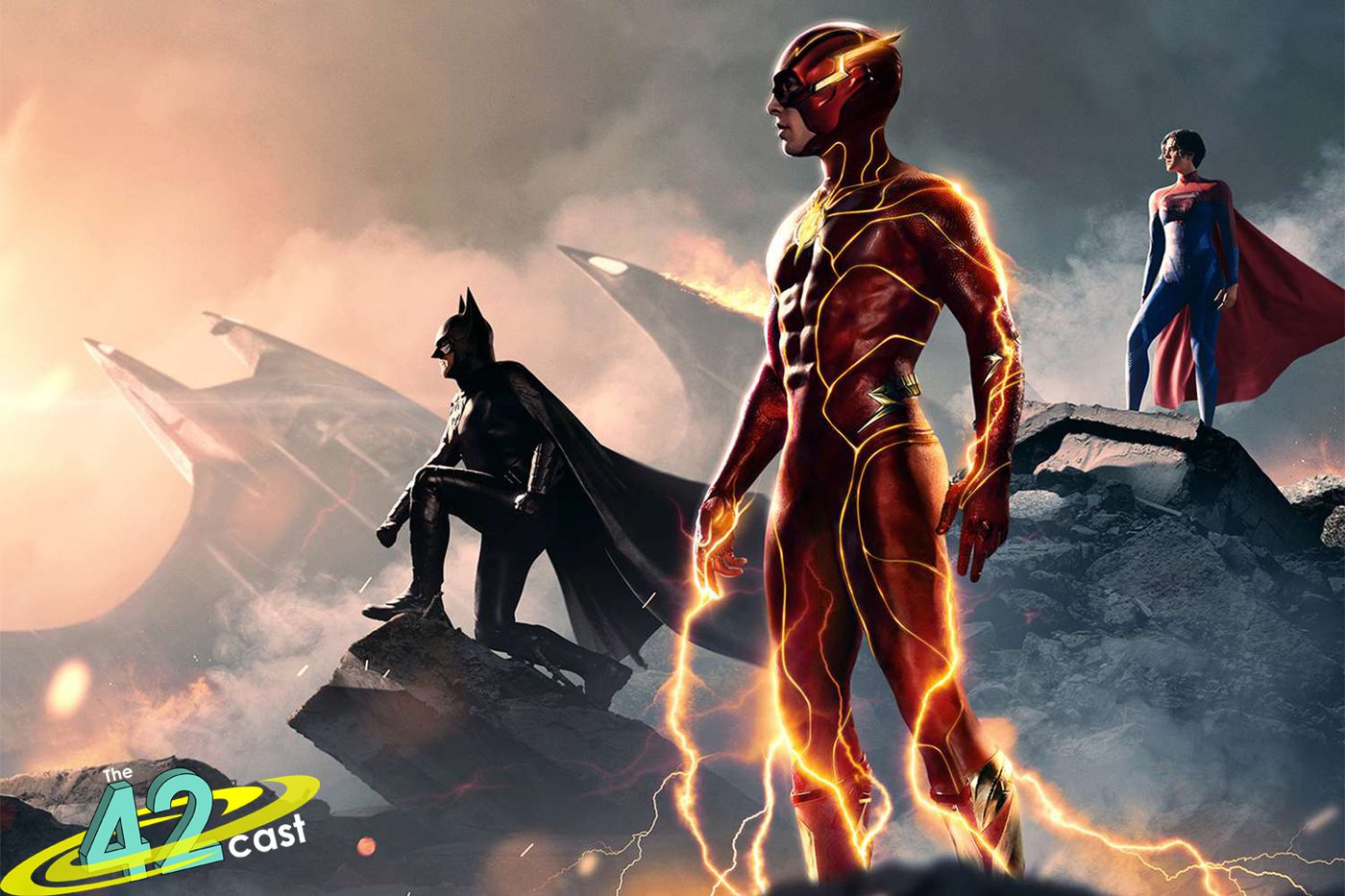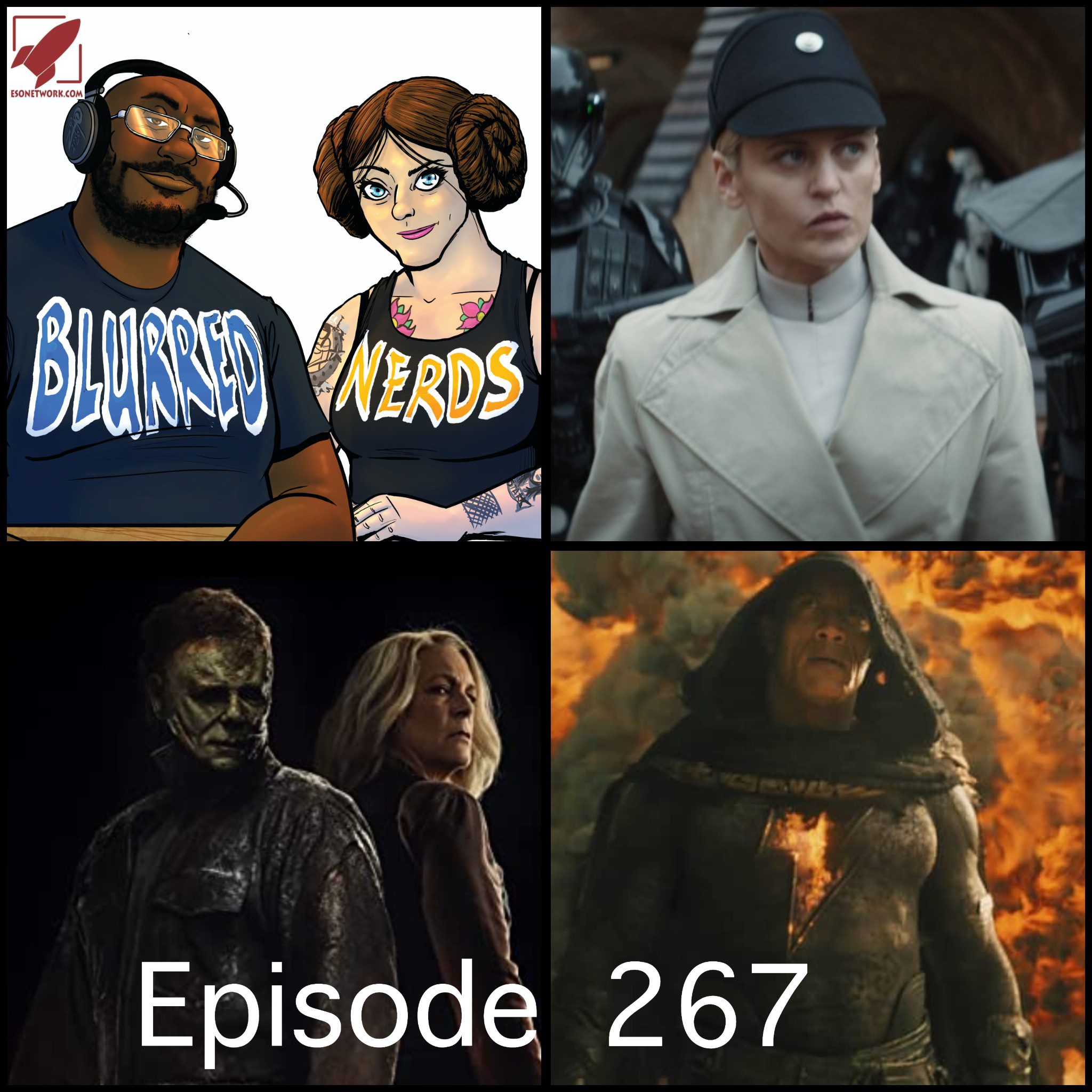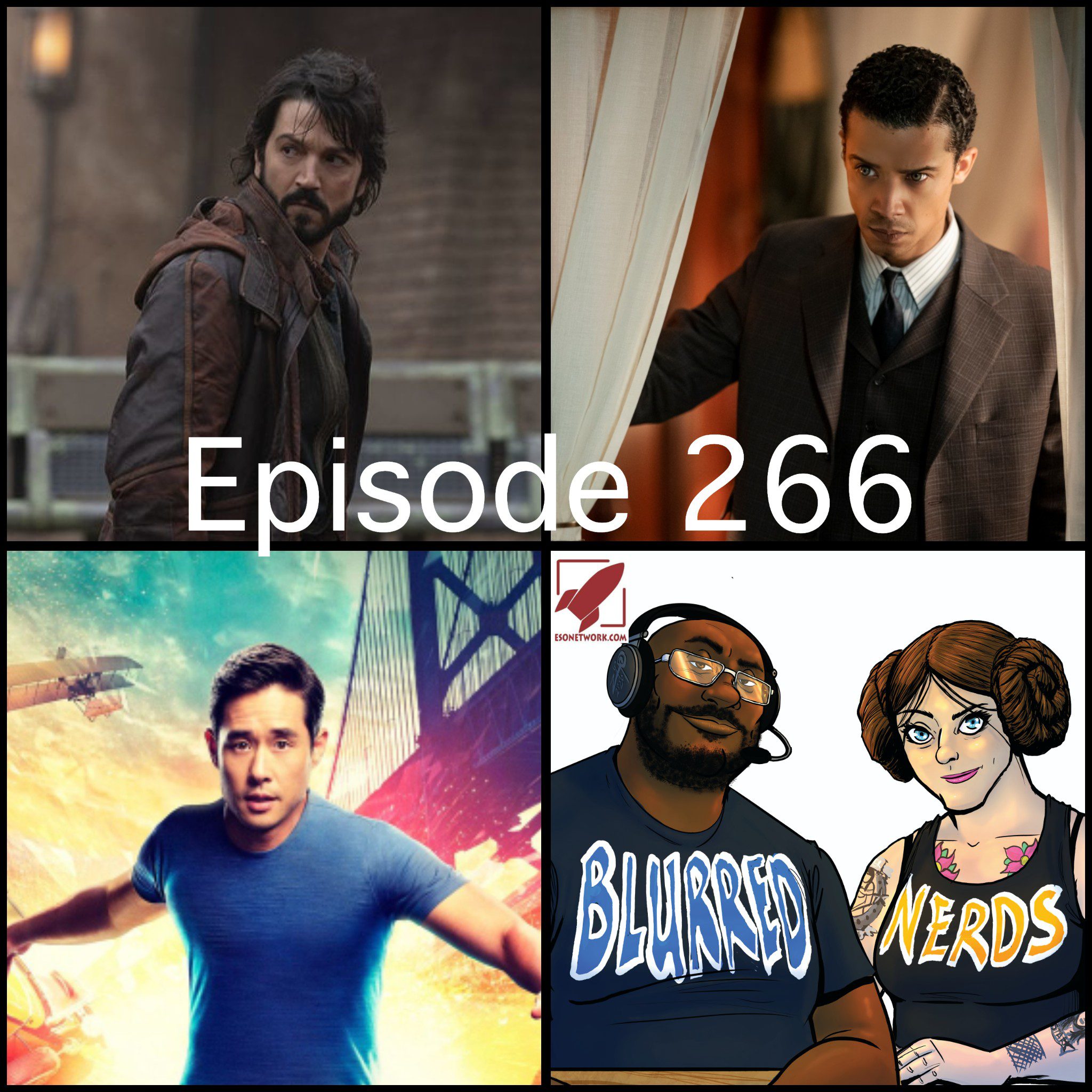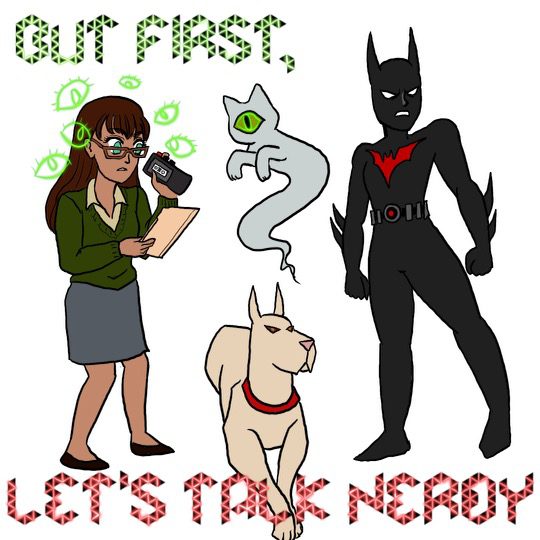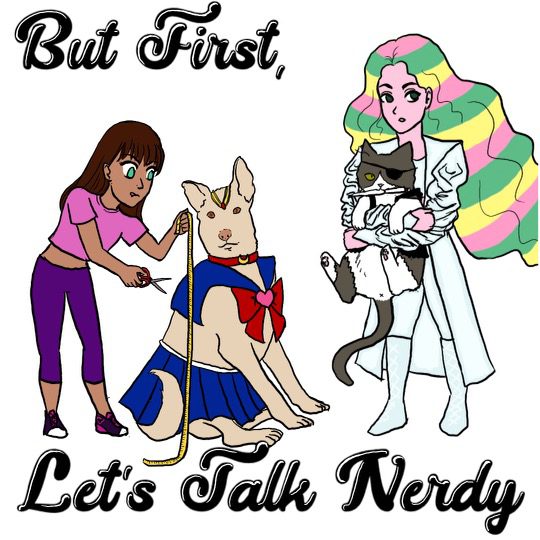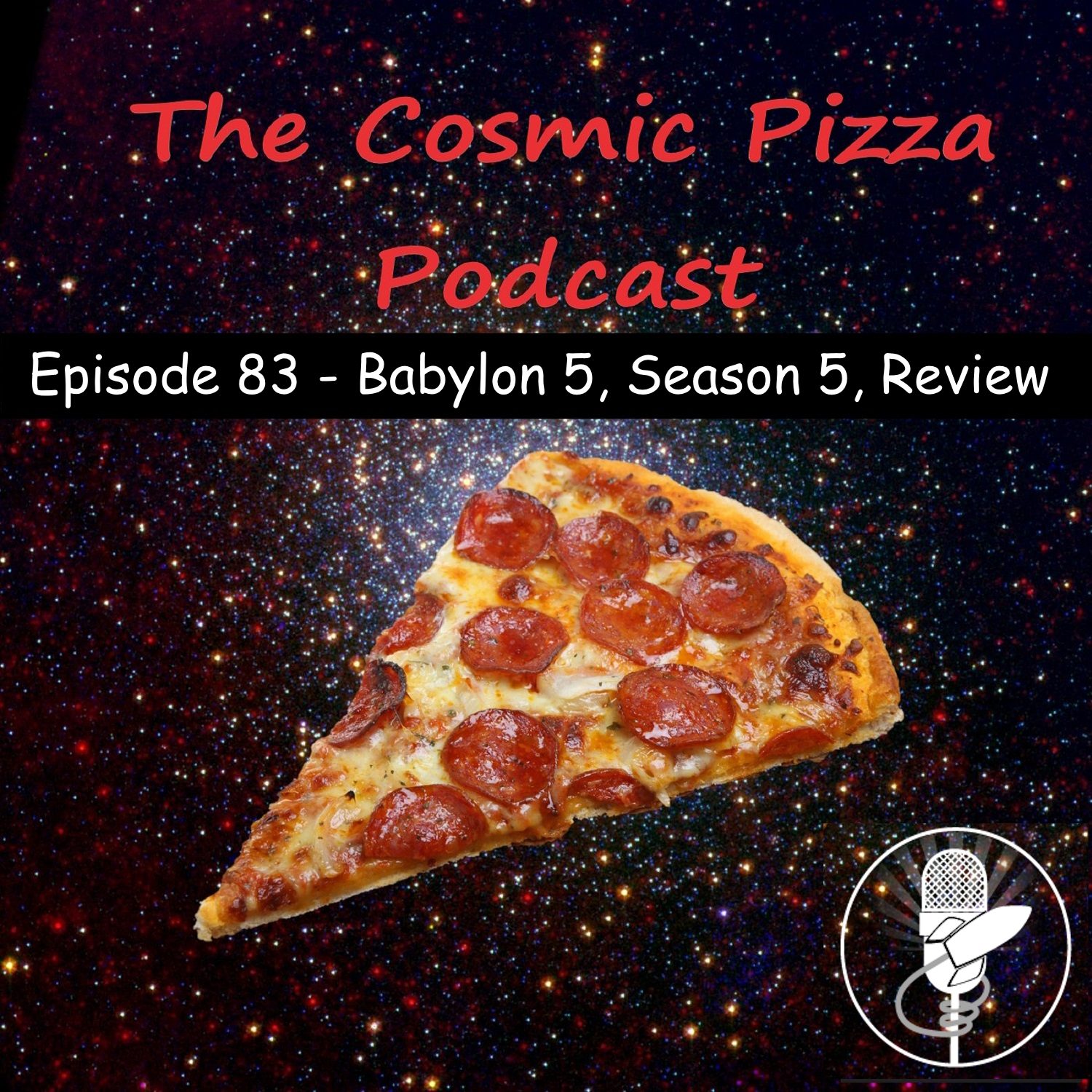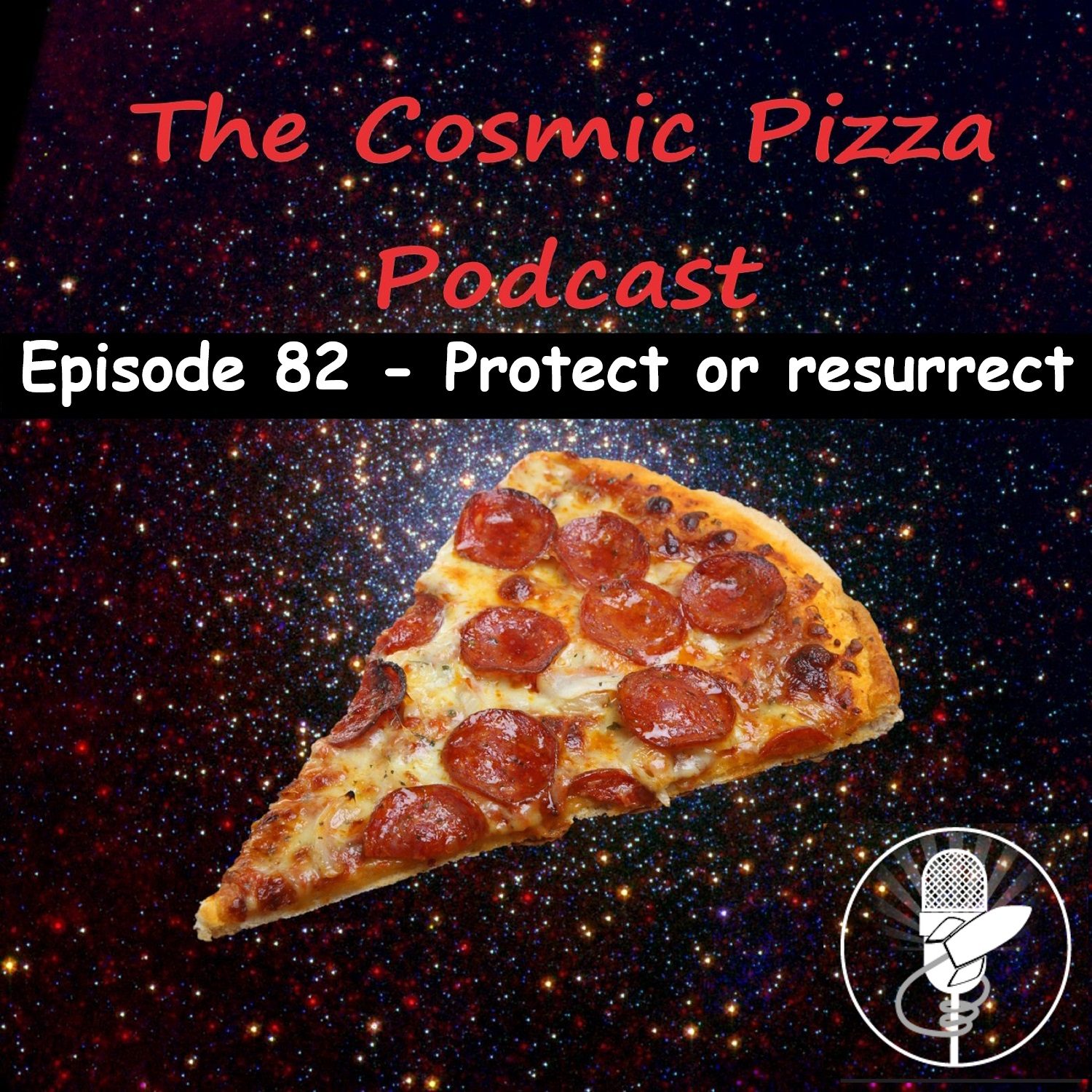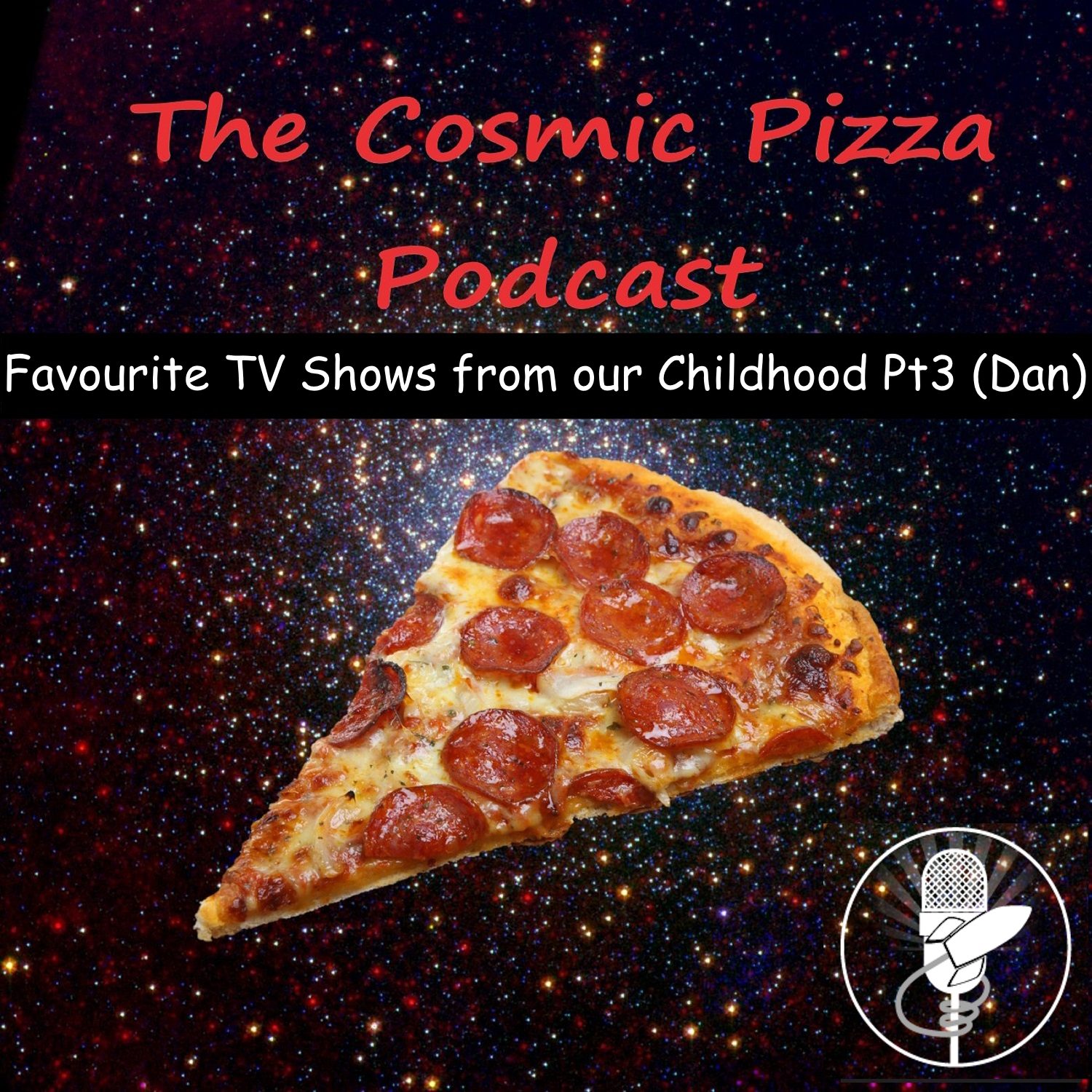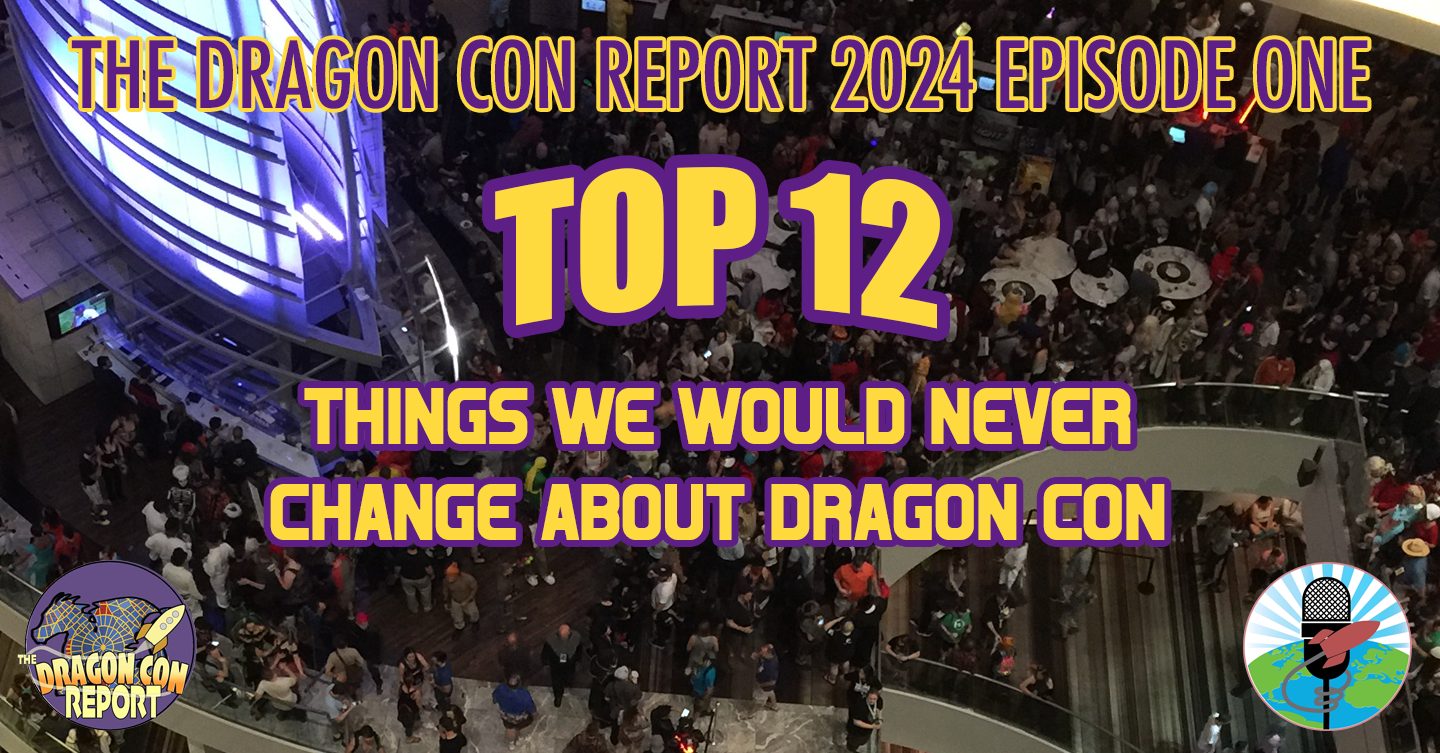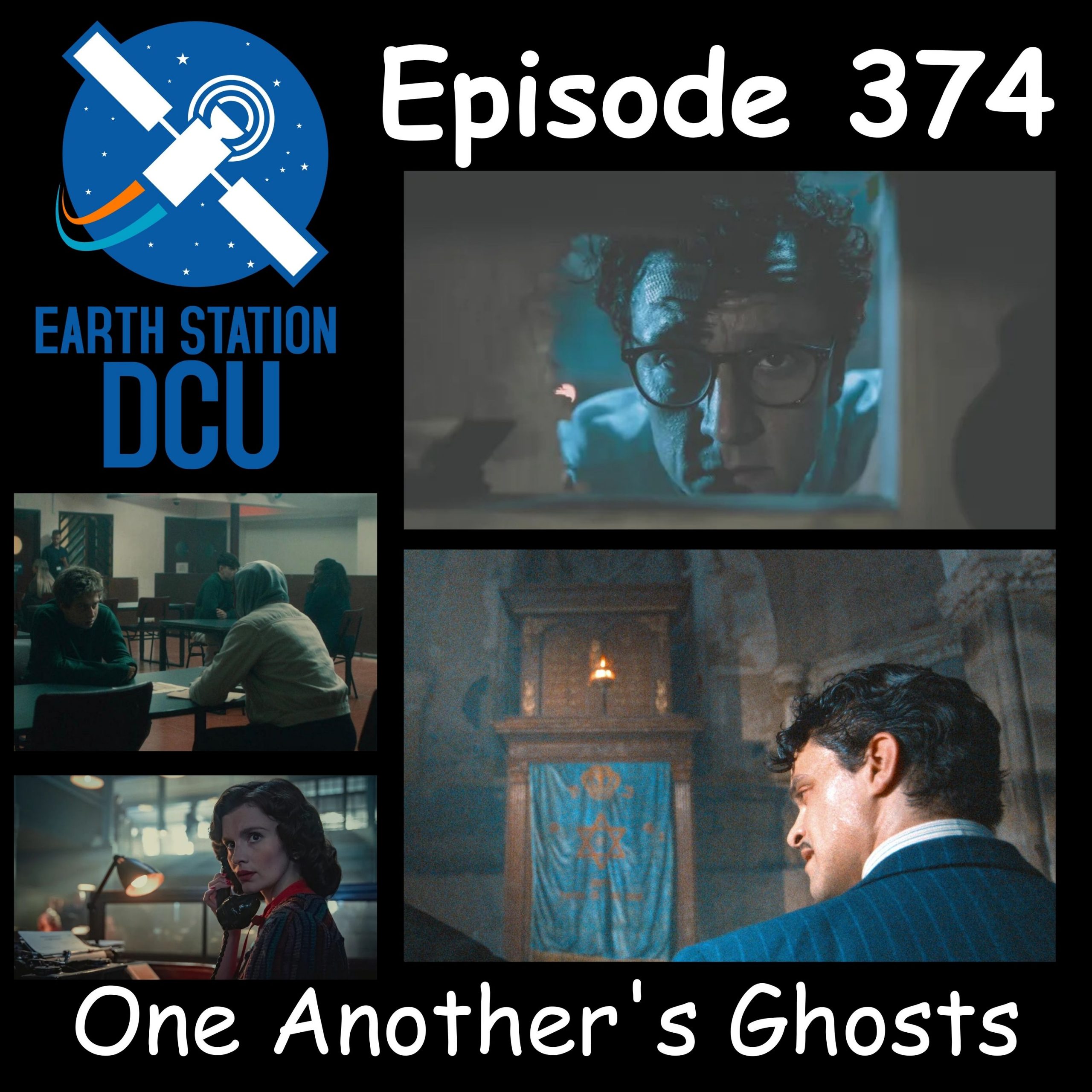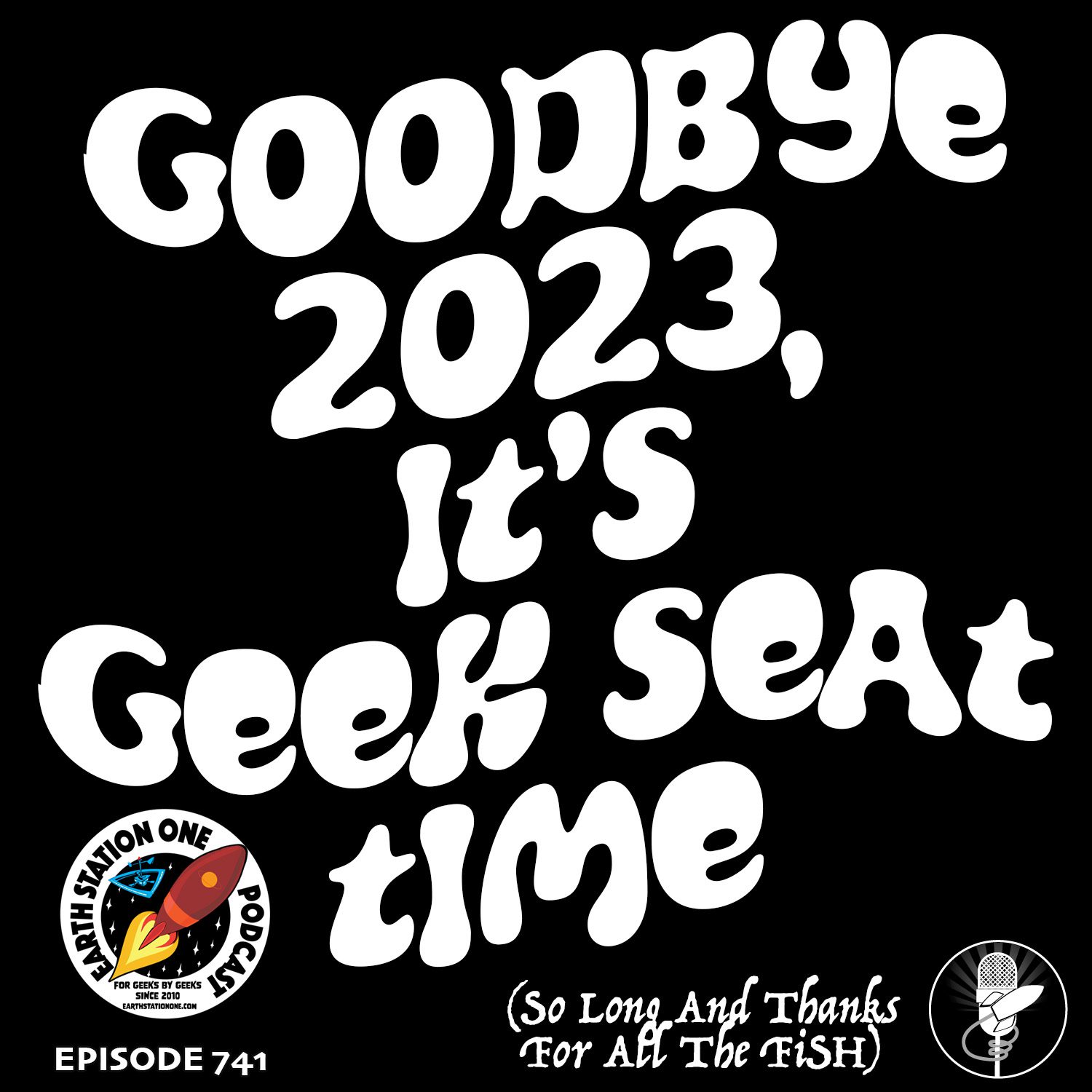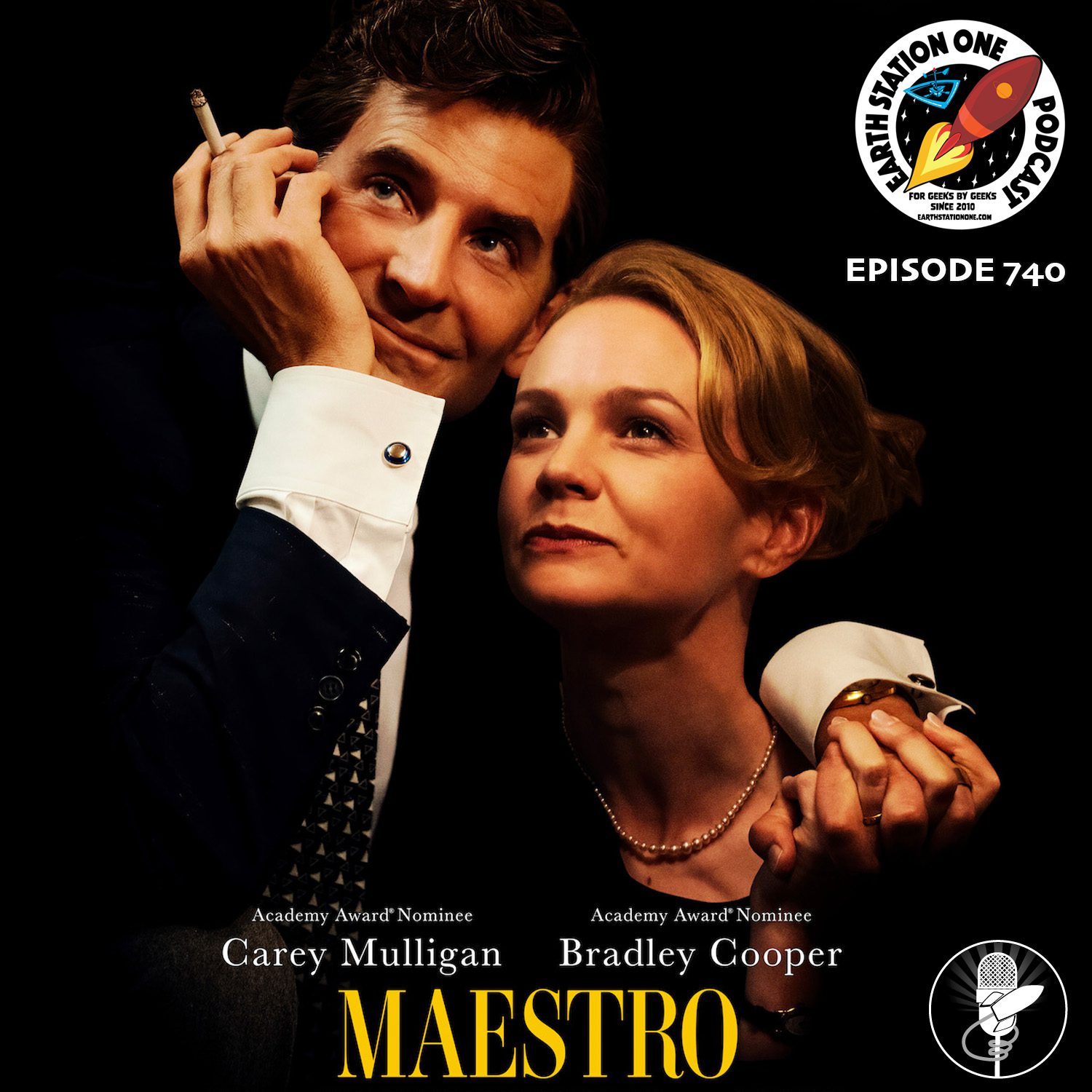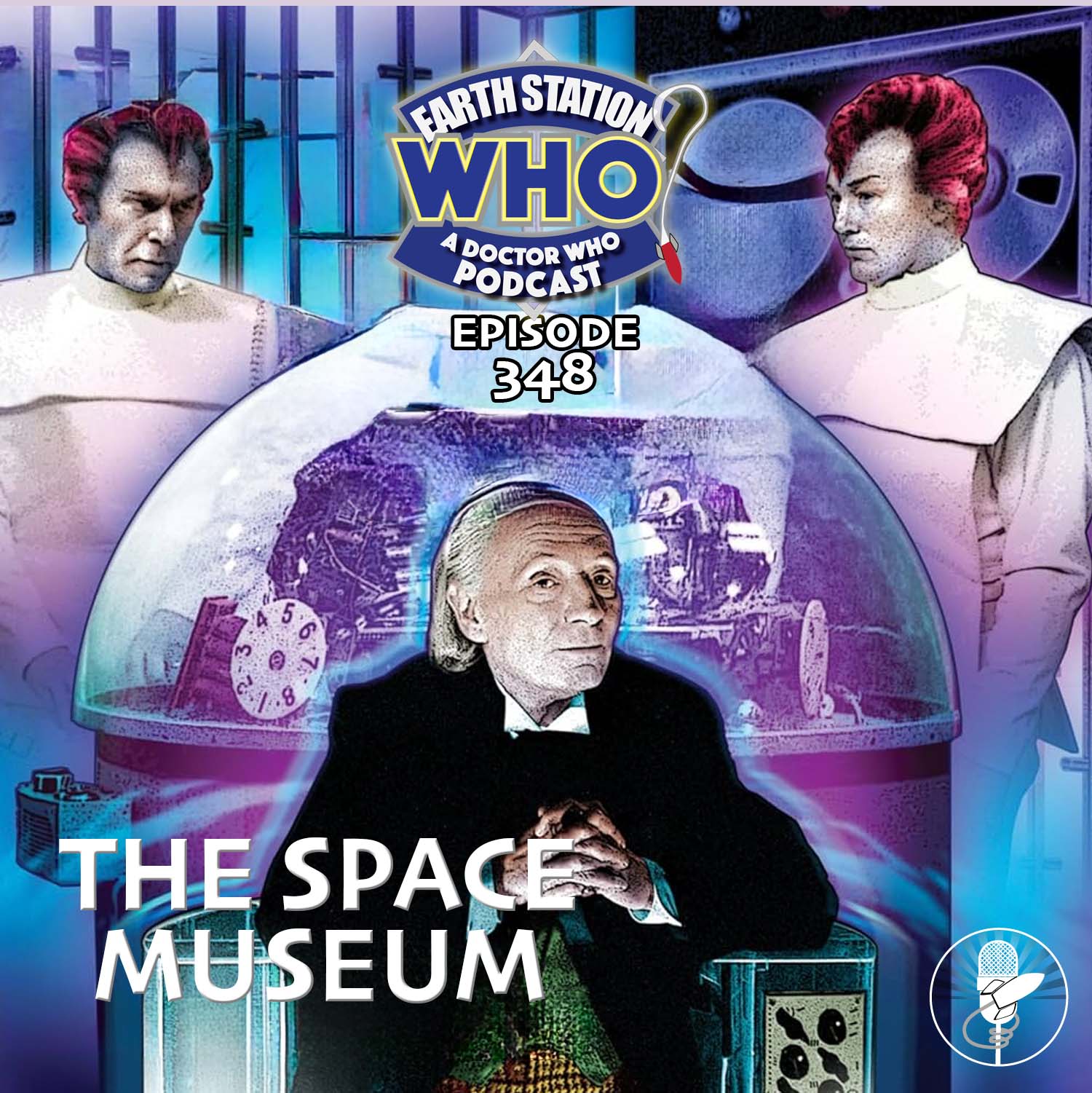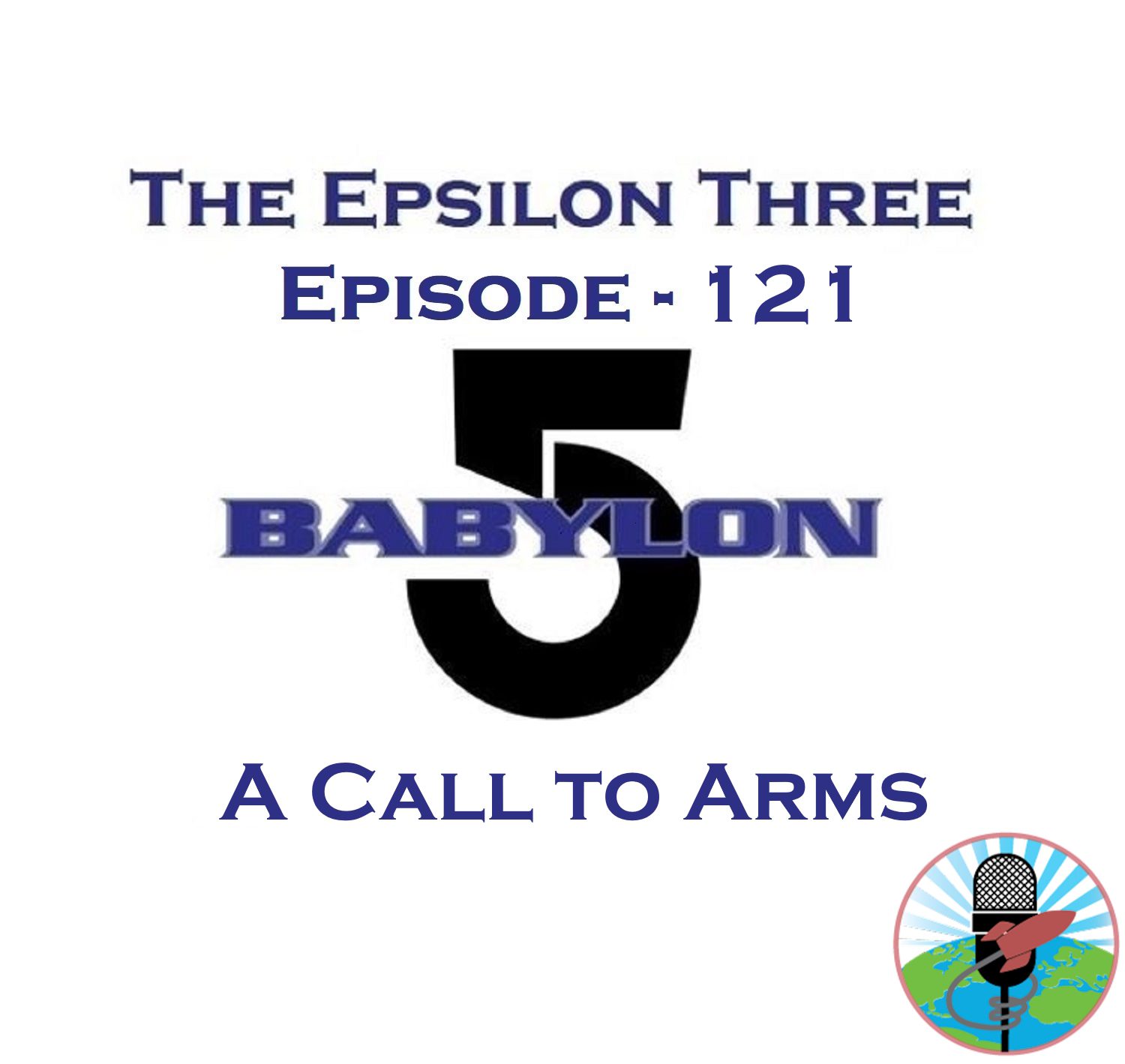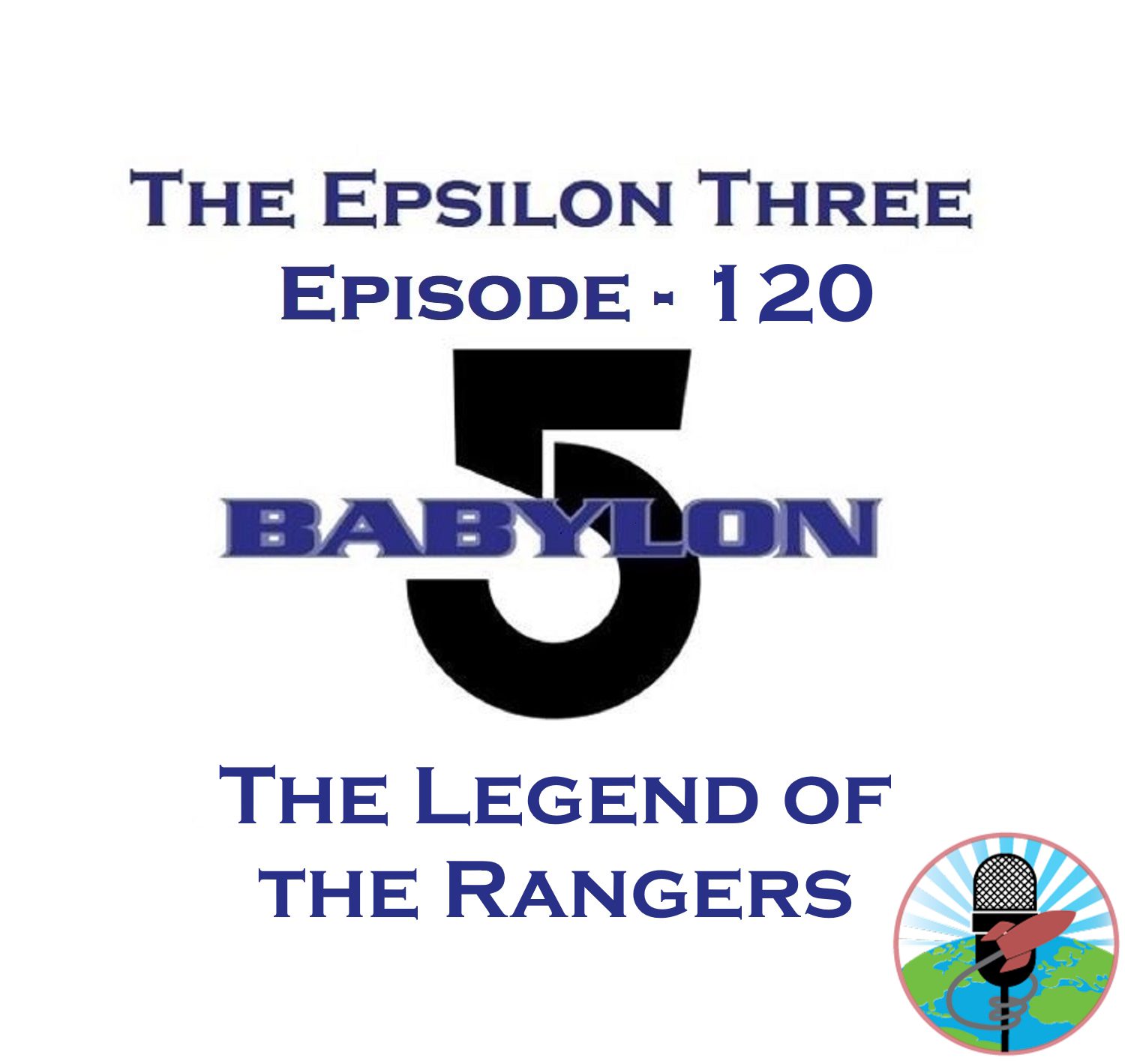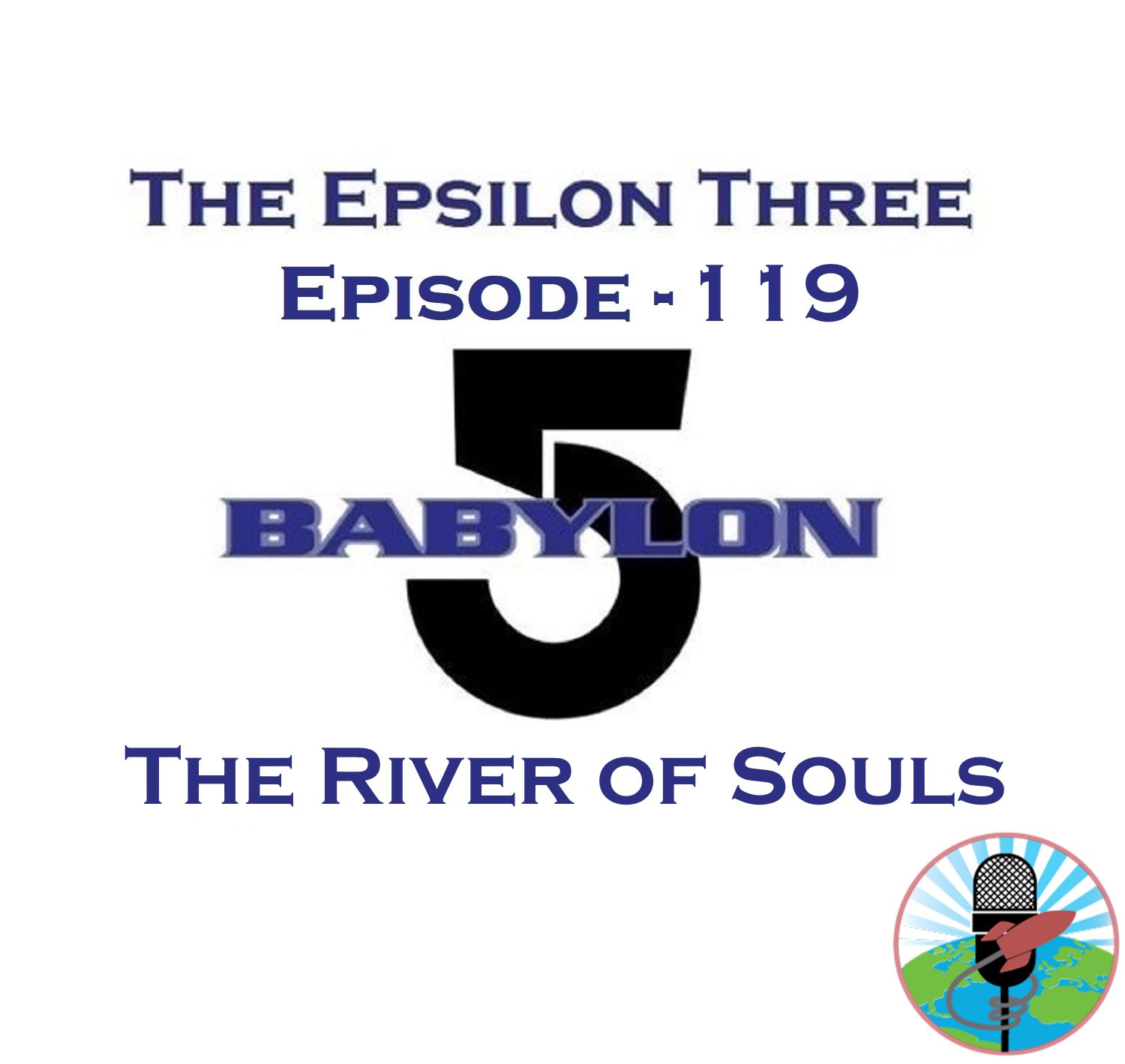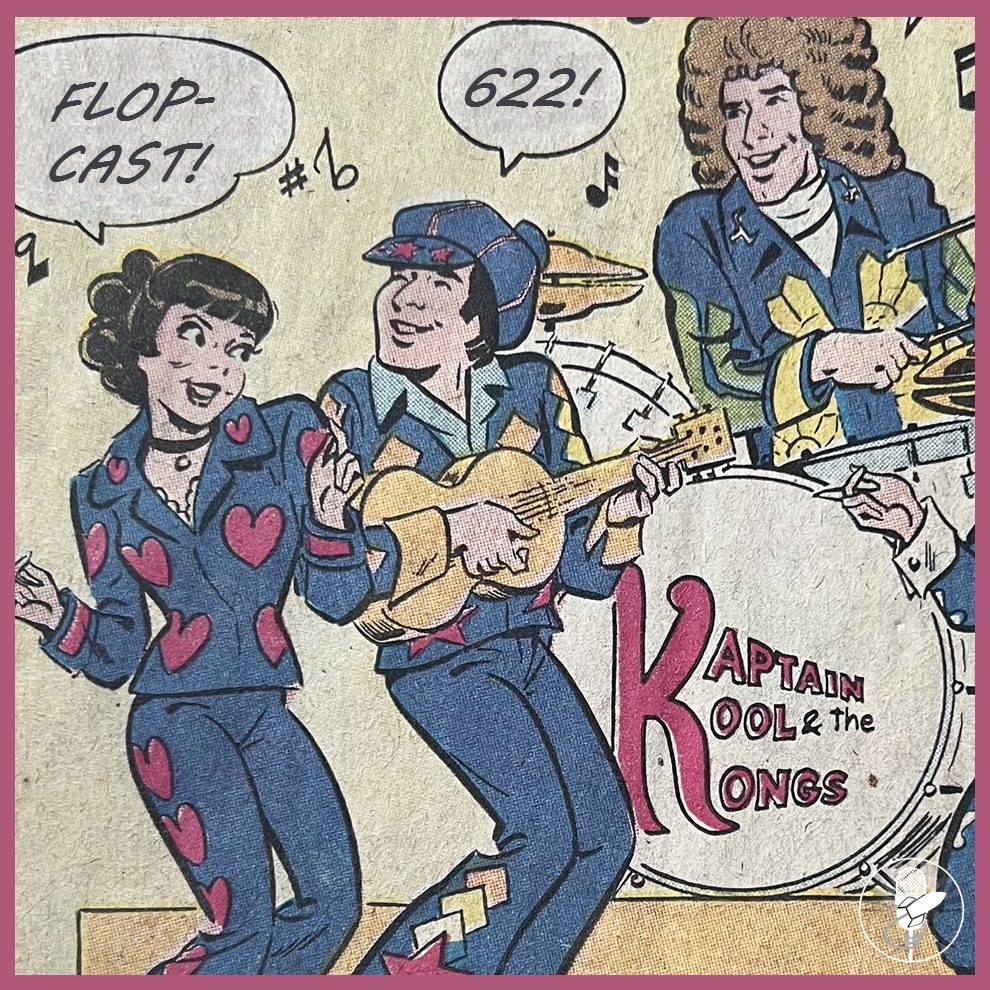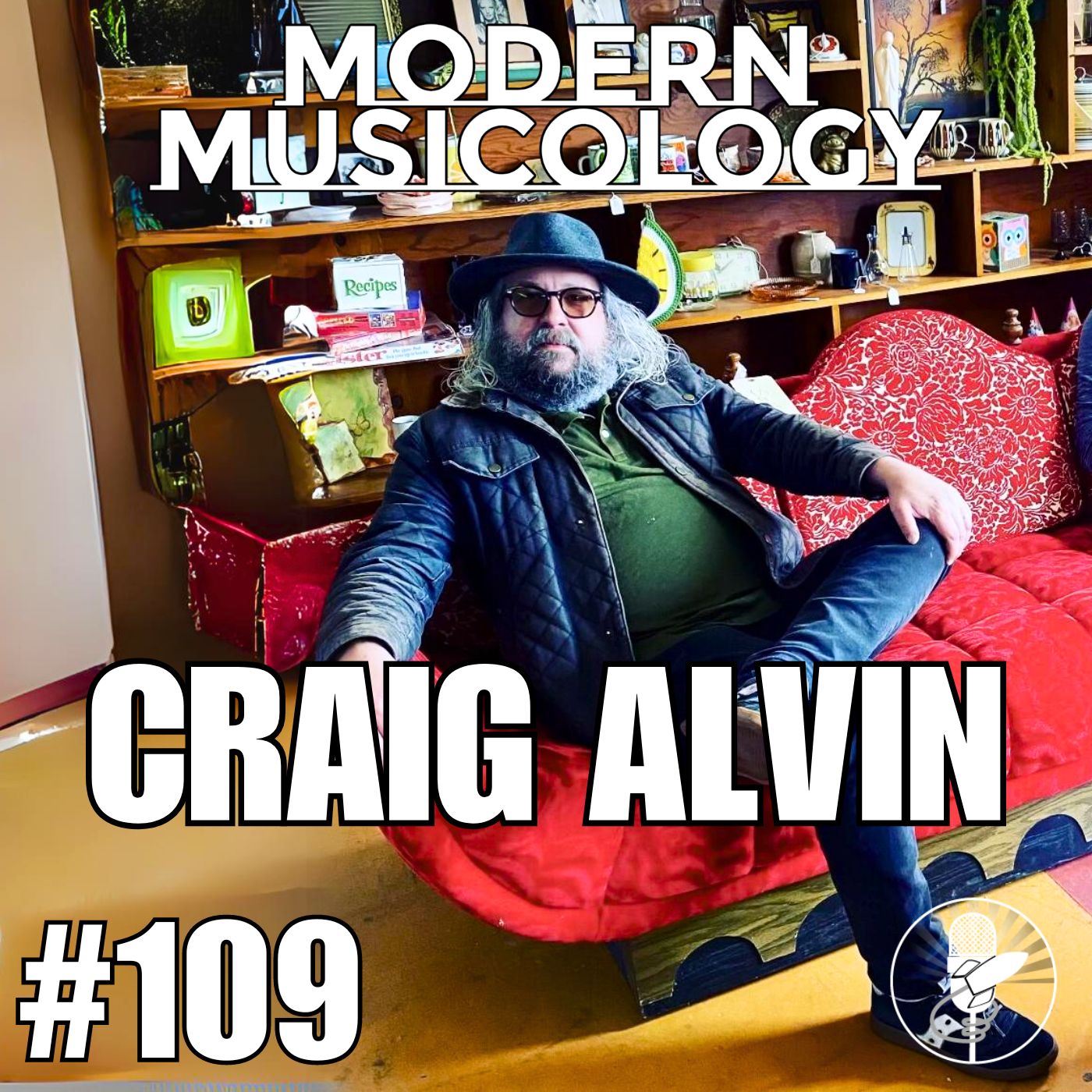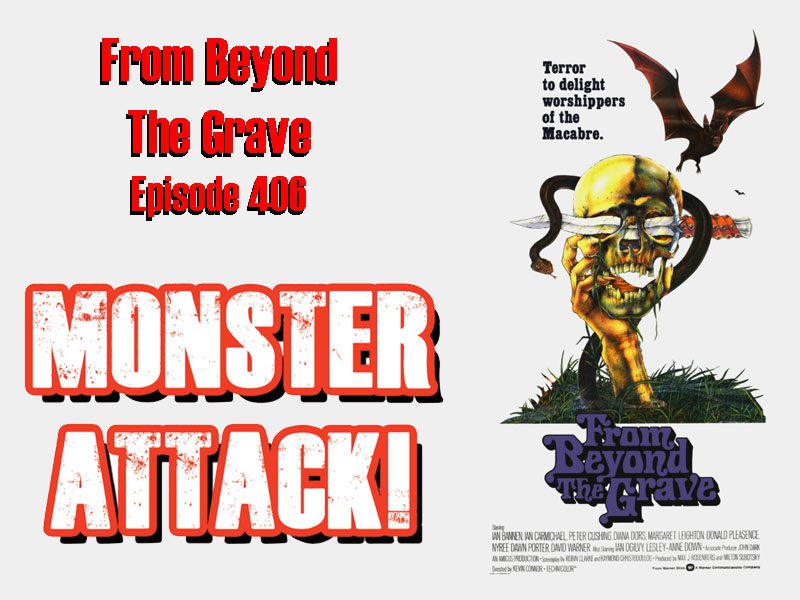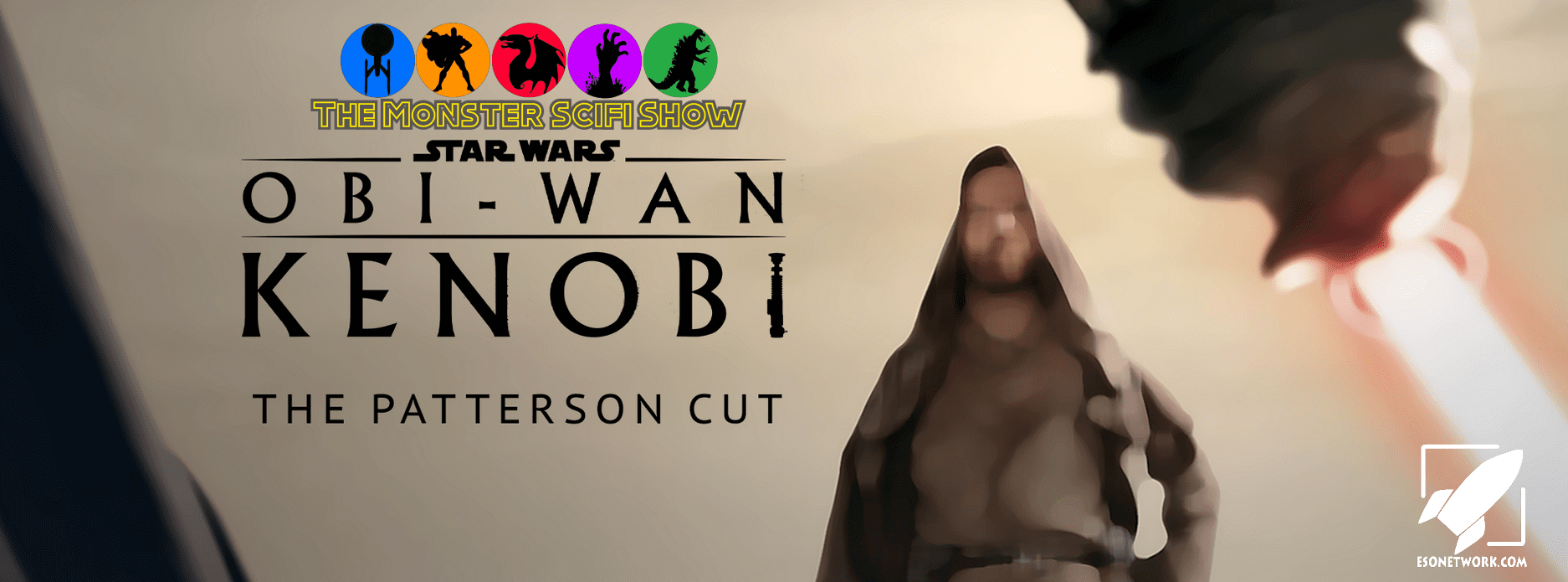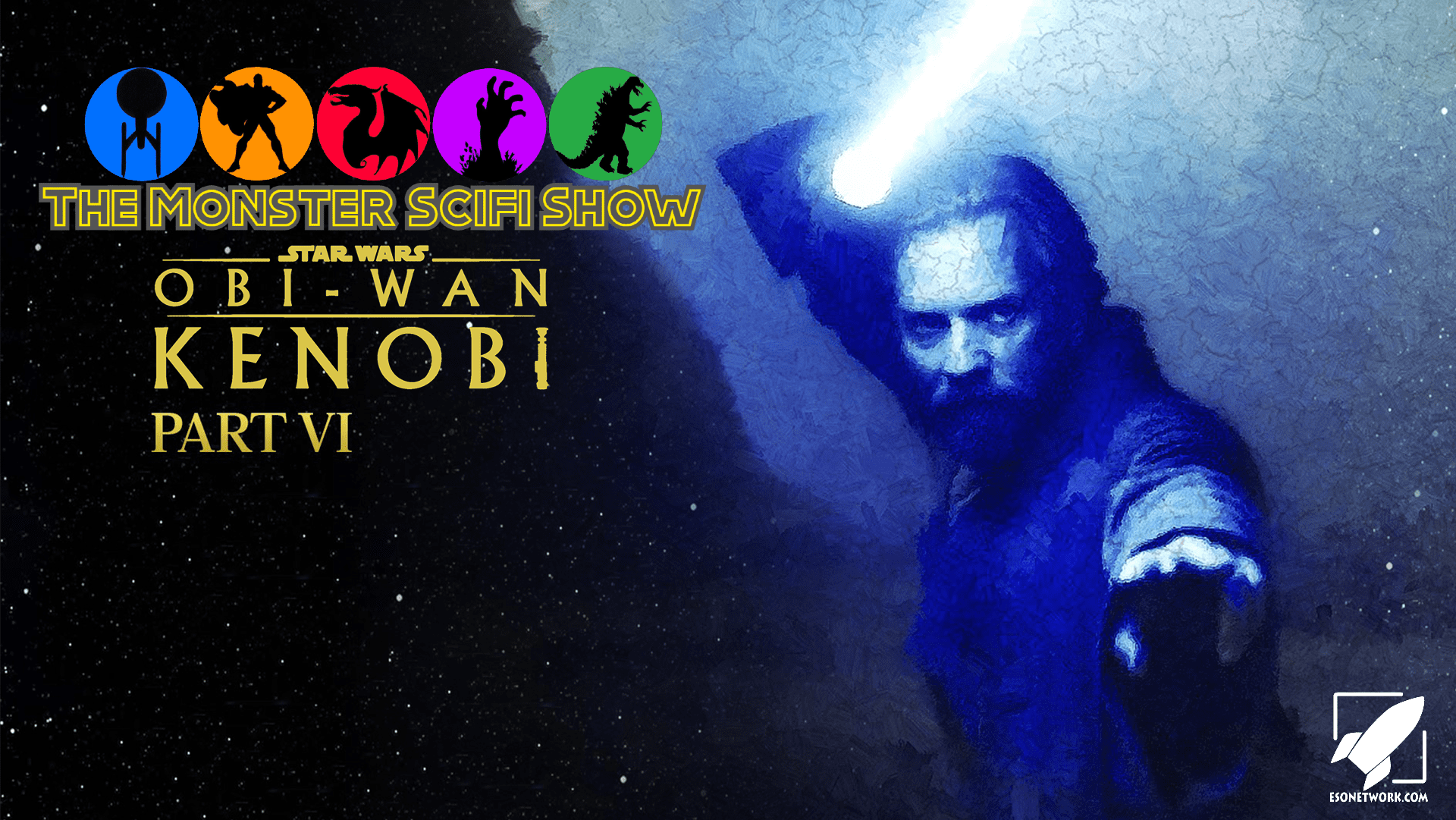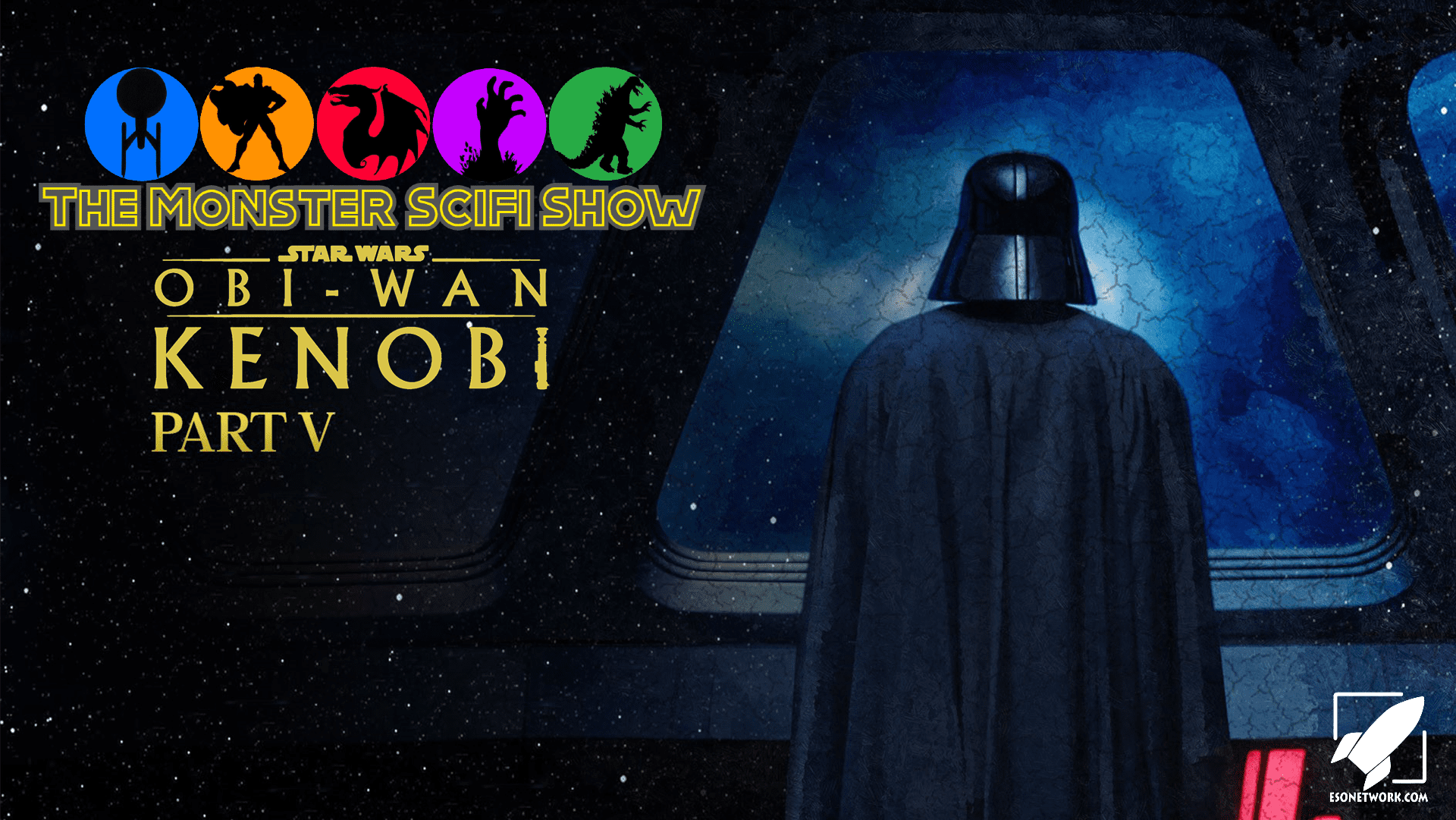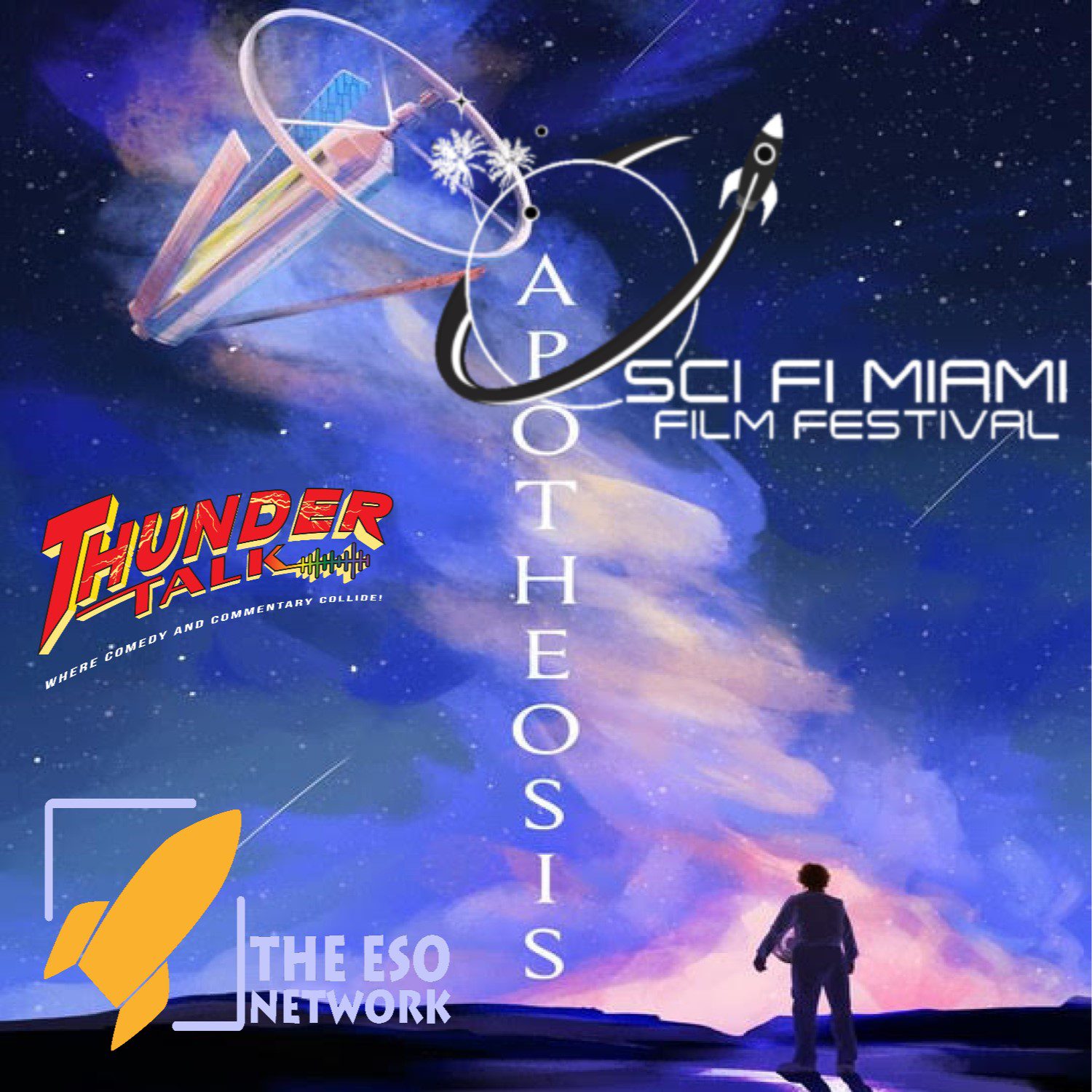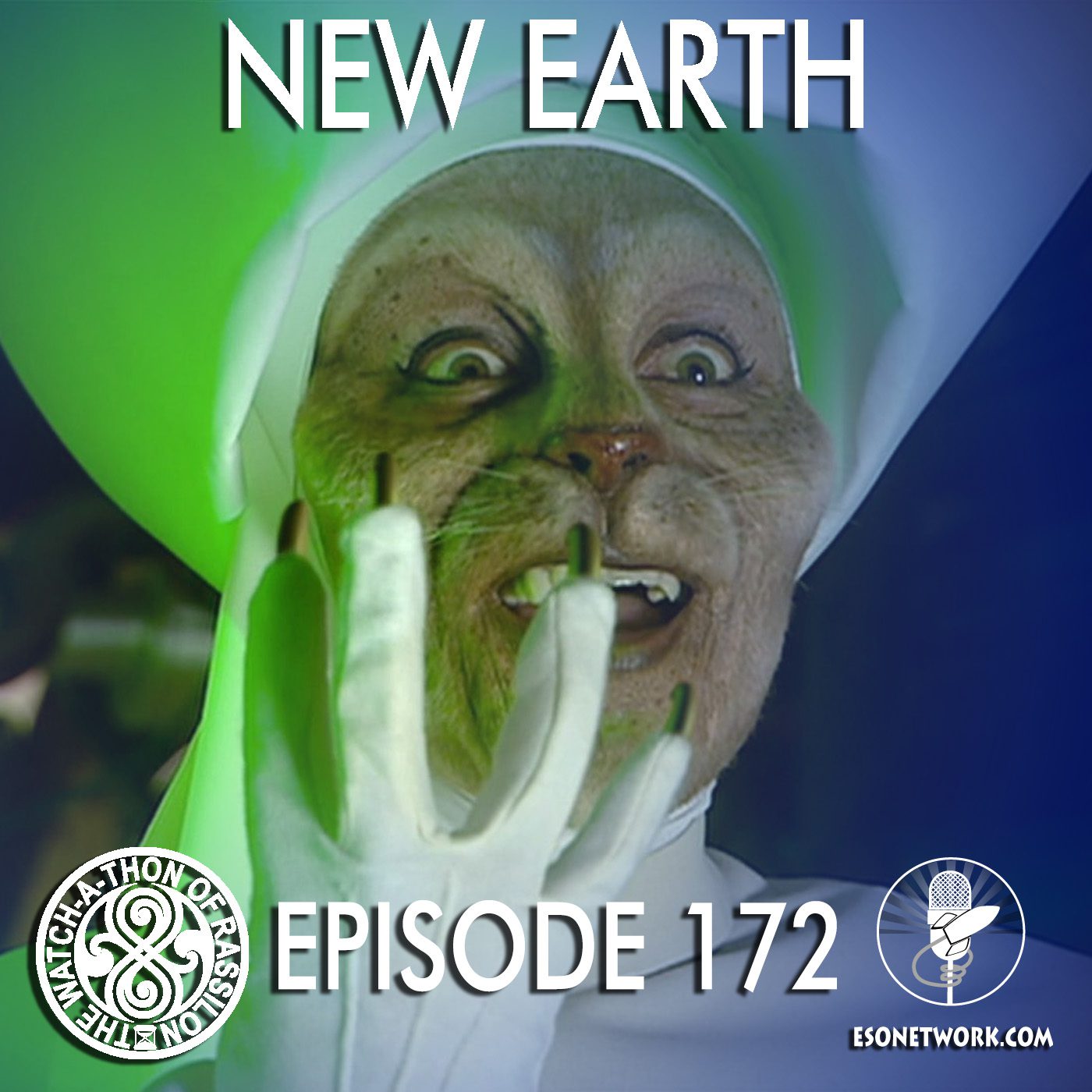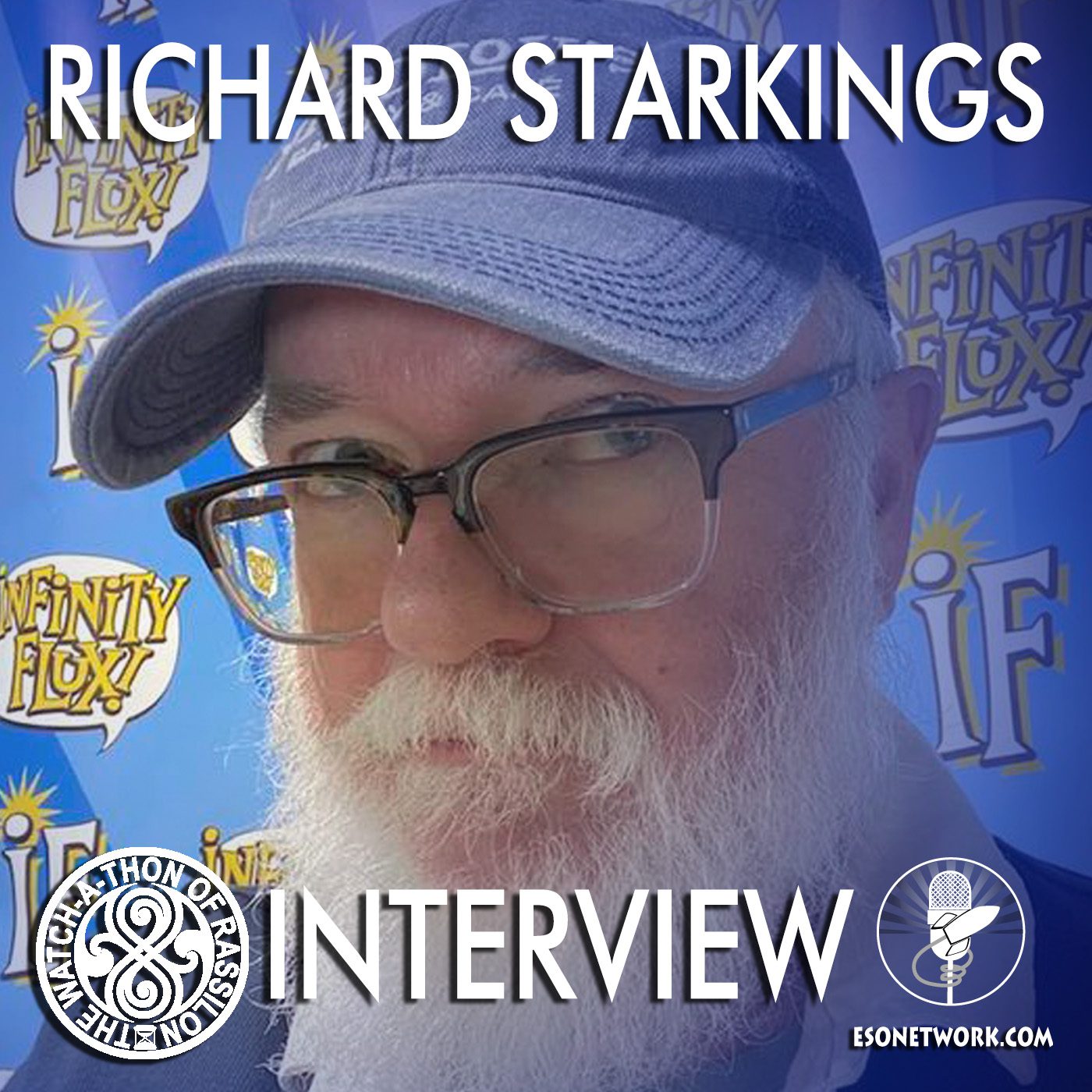Blurb: In the remnant of a shattered satellite, far above the ruined planet Earth, Steven Taylor and Oliver Harper are dying. As time runs out, they face their pasts… and a secret long kept is revealed.
The borrowed time is elapsing, and they realize they are facing an enemy that cannot be defeated. The cold, hard facts of science.
Review: The character of Steven Taylor has gone through a renaissance at Big Finish. Aside from the The Massacre the character was never given any meaty material in his television appearances. He was used as the “brash young man” archetype that his character was meant to fill in the series dynamic and didn’t really go beyond that. His background as an astronaut was rarely referenced after his first appearance as well. Seeing the potential both in the character and in actor Peter Purves, Big Finish – especially author Simon Guerrier – has gone back to give Steven more dramatic material. Set between The Daleks Master Plan and The Massacre, The Oliver Harper Trilogy allows Steven to deal with the aftermath of Master Plan, which gives him a tremendous amount of angst to deal with. Steven’s background is also dealt with, giving him extra dimension. Steven isn’t an intellectual, but he was of average intelligence for his day, which means that he has skills and knowledge that a person from modern Earth wouldn’t have. That aspect is used to incredibly good effect in The Cold Equations.
What’s great about this story is how well it’s plotted. Usually Simon Guerrier stories either have a threadbare plot or one full of plot holes and continuity errors, because he eschews those elements in favor of character interaction and development. What makes The Cold Equations so strong is that it delivers a healthy dose of character development, builds on existing plot threads, sets up the next story, and also tells an interesting story in its own right. The story has the right balance, not only because Guerrier has written so many stories in this gap and has a feel for the characters and their direction, but because he picked the right kind of story to resonate with this era of Doctor Who. The idea of “the impassable sky” is something that modern science is dealing with. What happens when so much junk is in orbit that nothing can fly up without fear of hitting all the tiny debris? It’s the kind of science problem that Doctor Who in this period would have reveled in. It’s also educational while never being boring, with the explanations being worked into dramatic areas of the story where they feel like they enhance what’s happening rather than distract from it. When the resolution happens it feels earned, not just because of the personal sacrifices, but because it makes logical sense based on the premise.
The story is made stronger by its links to other tales. Although taking place in orbit, The Cold Equations occurs at the same time as the framing sequence in The Drowned World and gives an explanation for the sleeping sickness that concerned Robert. It seems like Guerrier missed a trick by not making the human that stows away onto the Cahlian ship Robert’s daughter, but it does give the whole situation heightened drama, because someone who’s listened to The Sara Kingdom Trilogy has already seen the effects of the sickness and knows the toll that it’s taken on the Earth. It’s a clever way to connect to the two trilogies and makes them both the stronger for it. Guerrier also smartly ties his reference to the next story in the trilogy, The First Wave, into the narrative. The Cahlians want to assess the identities of these strangers before doing business with them, and the Doctor is surprised to find out that not only are they in the records, but apparently all three of them were arrested at a point in time that they haven’t been to yet. It’s a nice scene that ratchets up the tension with the Cahlians while also letting the listeners and the time travelers themselves know what’s going to happen next.
There are some niggling plot issues. It seems unlikely that hundreds of thousands of years in the future that every artifact that the Cahlians pick up would be something that Oliver and Steven can identify. It also seems unlikely with so many records missing that the human race can’t even be identified by alien species, that they’d have detailed biological data and criminal records extending back to the 20th century. These, however, are minor nits. With a story as densely woven together as this one and which makes so much sense, a few dramatic licenses can definitely be forgiven.
Guerrier heightens the tension right out of the gate, with a pre-credit sequence where Oliver and Steven are dying and Steven asks Oliver about his secret. It’s a fantastic hook that lets the listener know that not only will things get bad, but that we’ll get to hear what Oliver was so afraid of in the previous story. As the story wends on Steven’s suspicions of Oliver heighten and the listener is invited to imagine all sorts of horrible things about Oliver and what he could have done. When mixed with the ever-present knowledge that something really bad is about to happen it keeps the listener aware of everything that’s going on and making them wonder when the inevitable catastrophe will strike. All of this effectively keeps the first episode feeling properly pacey, and the second episode needs no help in that regard. As Steven and Oliver struggle to survive, there isn’t a moment that isn’t thoroughly engaging.
Guerrier also does a good job of evoking the right atmosphere. In the beginning when the characters are in a giant space station and getting their bearings, there’s the sense of wonder and excitement at something new. Guerrier uses lots of terms to talk about open spaces and the vastness of outer space. It’s like that first episode is seen through Oliver’s eyes as he gets used to the wonder of being out in space and time and the sheer possibilities of what he can experience. The second episode is closed and claustrophobic as Steven and Oliver are stuck in a piece of the station and cut off from any form of assistance. This is seen from the eyes of Steven who’s been scarred by the horrific experiences that he’s lived through in The Myth Makers and The Daleks Master Plan. He’s become so used to death that he’s begun to feel that it’s an inevitable part of traveling with the Doctor, and while he works to save his and Oliver’s lives, he can’t shake the feeling that they’re both living on borrowed time.
As with any Guerrier story the characters are front and center. There are some nice moments, like the Doctor asserting that they never get involved, only to be proven wrong as his criminal record is printed out right before his eyes. Oliver’s sense of wonder at all the new sights makes him seem like a child, and his references to Dan Dare help to highlight that he sees this like he’s living through a comic strip. Oliver also makes use of his negotiation skills, a nice call-back to his background as a commodities trader as well as showing that he can take charge and be brave when it’s called for. Steven’s background as an astronaut is kept front-and-center in the story allowing him to really take charge in the second half. Guerrier keeps in mind how much loss Steven has experienced in a relatively short span of time. Yet, it’s really the interaction between Oliver and Steven that keeps the second half engaging. Steven’s been suspicious of Oliver since the beginning. He realizes that Oliver has been running from something, and Steven’s desire to cut himself off from further loss has caused him to keep Oliver at arm’s length. Those moments when Steven and Oliver are trapped together juxtaposing Oliver’s optimism and Steven’s pragmatism are an incredible joy to listen to. Then as they feel that they’re going to die Oliver reveals his secret. It’s a great moment, since it takes away the whole “I know something that I can’t tell” element that would get annoying given a little more time, and it’s nice that so little is made of it once it’s revealed. It’s the kind of thing that could collapse the entire narrative if too much attention was given to it. Instead it’s used to bring the characters closer, so that this can be a true team for the TARDIS from now on.
The production is another win for Big Finish. It should almost go without saying now but Peter Purves brings in another fantastic performance as Steven. Blessed with a voice that hasn’t aged much since the 60’s, it’s easy for him get back into the groove and sound like how he did when he was performing on the television series. Yet, Purves’ career as a presenter is also used to good effect as he narrates the story. Purves is able to make dry lines explaining the math behind calculating orbital velocities sound exciting as he rattles it off at a pace that’s both easy to follow, but maintains the immediacy and importance of what’s happening. As Steven you feel his fatalism as he contemplates the idea that all companions of the Doctor’s may die, and he does a convincing job of conveying Steven’s agony as he sticks his hand into the vacuum of space. Tom Allen continues his great job of developing Oliver Harper. He really plays up Oliver’s enthusiasm and makes it infectious. He also gives Oliver conviction as he displays his sense of justice when confronting the Cahlians about what they’re doing to the Earth. His performance elevates Oliver from being a one-note character and gives the nuance to be a full-fledged companion. The music plays along with the elegiac tone of the piece, playing off Steven’s fatalistic belief that they’re all on “borrowed time” by giving a mournful and touching musical background that’s a nice counter-point to the upbeat and addicting music of The Perpetual Bond. As always, the sound design is wonderful with the staccato blast of space junk on the station, and the rending of the metal as the whole thing tears apart being particularly strong.
Recommendation: The Oliver Harper trilogy continues strong with its second installment. While a fantastic stand-alone episode in its own right, The Cold Equations is elevated by the fact that Guerrier is able to use it so effectively to develop plots and characters from the television series as well as to provide links and development for so many elements from other audio adventures. The characters are given time to breathe and develop with Steven and Oliver’s storylines coming to a head that allows them to move forward. The story is intelligent and based on real science, which also makes it a terrific joy to listen to. I’d recommend this story for anyone to pick up, since it doesn’t rely on prior knowledge to be enjoyed, but it’s definitely recommended for anyone who’s enjoyed the Sara Kingdom Trilogy and The Perpetual Bond. It’s easily one of the best in The Companion Chronicles range.
9/10
2011
Audio Drama
Big Finish Productions
Directed by Lisa Bowerman
Produced by David Richardson
Written by Simon Guerrier
Runtime Approx 60 min.

